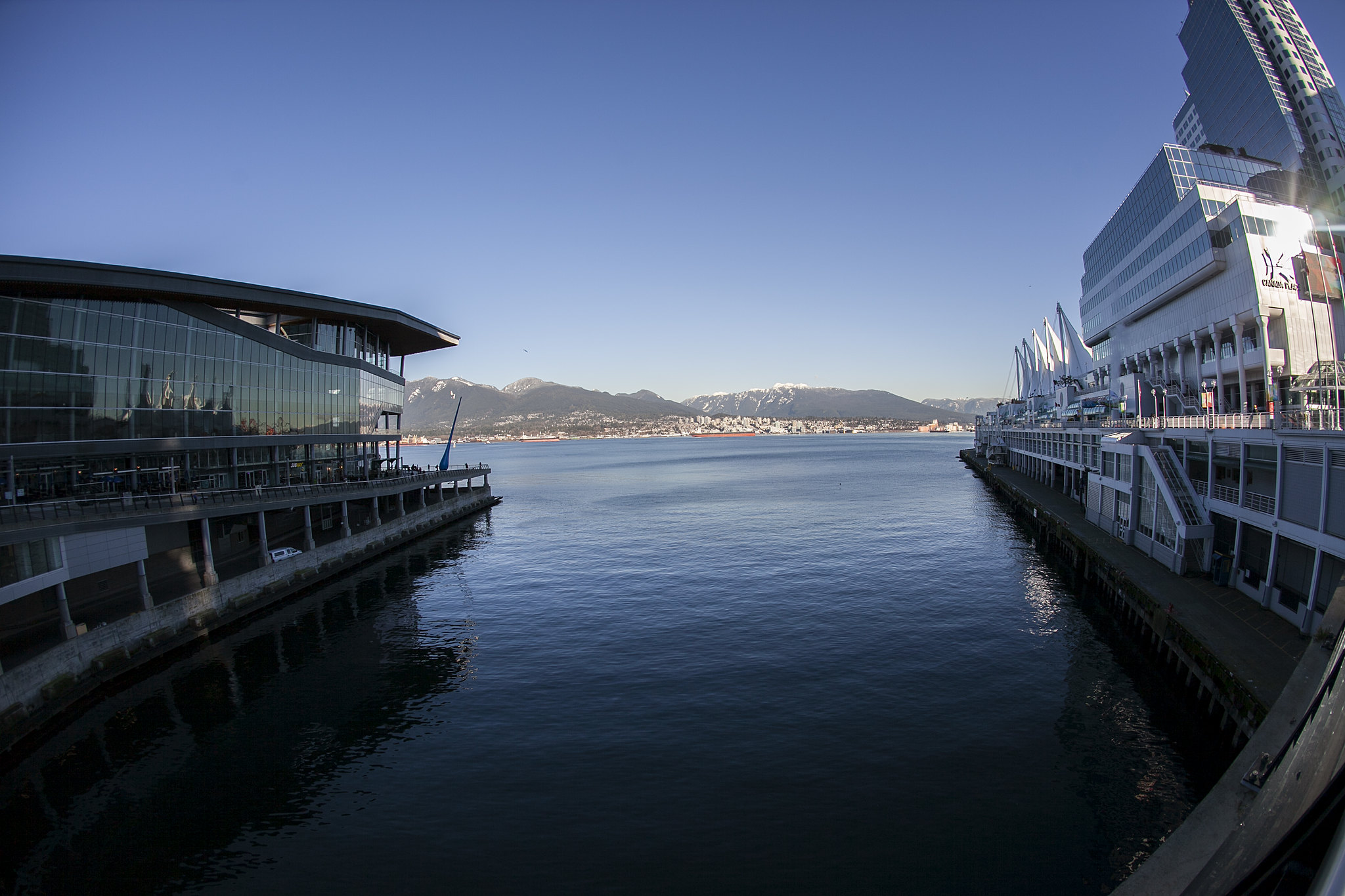Chapter 6. Events, Culture, Heritage, and Sport (Entertainment)
6.2 Meetings, Conventions, and Incentive Travel (MCIT)
According to the Meetings Mean Business Canada Coalition (MMB Canada), business events are big business. In 2017, Canadian business events:
- Delivered at least $33 billion to Canada’s economy
- Created over 229,000 employment opportunities
- Ranked 6th out of 50 countries in economic impact
The business events industry in Canada is as big as agriculture and forestry, and it provides nearly twice the number of jobs that telecommunications and utilities do (MMB Canada, 2017).
Take a Closer Look: Meetings Mean Business Canada Coalition (MMB Canada) Canada Economic Impact Study
To learn more about the impact of business events in Canada, watch the MMB Canada Economic Impact Study video.
There are several types of business events. Conventions generally have very large attendance, and are held annually in different locations. They also often require a bidding process. Conferences have specific themes, and are held for smaller, focused groups. Trade shows/trade fairs can be stand-alone events, or adjoin a convention or conference. Finally, seminars, workshops, and retreats are examples of smaller-scale MCIT events.
Spotlight On: The Meetings Mean Business Canada Coalition
The Meetings Mean Business Canada Coalition (MMB Canada), the operating name of the Business Events Industry Coalition of Canada (BEICC), is the national voice of the meetings and events industry in Canada, comprising organizations dedicated to the betterment and promotion of the meetings and events industry. For more information, visit the MMB Canada website.
As meeting planners became more creative, meeting and convention delegates became more demanding about meeting sites. No longer are hotel meeting rooms and convention centres the only type of location used; non-traditional venues have adapted and become competitive in offering services for meeting planners. These include architectural spaces such as airplane hangars, warehouses or rooftops, and experiential venues such as aquariums, museums and galleries (Cornacchio, 2019).
Spotlight On: Meeting Professionals International
Meeting Professionals International (MPI), founded in 1972, is a membership-based professional development organization for meeting and event planners. For more information, visit the Meeting Professionals International website or the Meeting Professionals International: BC Chapter website.
Incentive Travel
For many people new to the travel industry, incentive travel is an unfamiliar concept. The Society for Incentive Travel Excellence (SITE) has explained that incentive travel is “a self-funding marketing activity that employs unique travel experiences to reward people who achieve exceptional business performance” (2020). Unlike other types of business events, incentive travel is focused on fun, food, and other activities rather than education and work.
Sectors that use incentive travel include insurance, finance, technology, pharmaceutical, and auto manufacturers and dealers. The incentive travel market is extremely competitive and demanding. When rewarding high-performance staff, Fortune 500-type companies are looking for the most luxurious and unique travel experiences and products available.
Take a Closer Look: SITE Crystal Awards
SITE holds annual awards for the best in unique, memorable incentive experiences. In 2019, the winner for Most Effective Incentive/Marketing Campaign, “2018 Living Legends Incentive Program” was the Creative Group. To see the list of other winners, and for more information, visit the SITE Crystal Awards website.

Convention Centres
No discussion of business events would be complete without noting the importance of convention centres — very large venues that can host thousands of delegates.
Key success factors for convention venues include:
- Air access to the destination
- Quality hotels close to or adjacent to the venue
- Quality venue space
- Relative cost of the destination and venue
- Attractiveness of the destination
BC is home to a number of convention centres, including those in Kelowna, Nanaimo, Penticton, Prince George, and Victoria. The signature venue for the province is the Vancouver Convention Centre, which underwent a significant expansion prior to the 2010 Winter Olympics.
Spotlight On: The Vancouver Convention Centre
The Vancouver Convention Centre is owned and managed by the BC Pavilion Corporation (PavCo), a Crown corporation. Its team of approximately 800 staff collaborate to host an exciting schedule of year-round events. With its unique “scratch kitchen” that uses fresh, local products, an extensive recycling program, and its legendary “green roof,” the centre is known for its beautiful views and commitment to sustainability. For more information, visit the Vancouver Convention Centre website.
With an understanding of the scope of festivals and events, as well as examples of the venues that host them, let’s turn our attention to the diverse number of attractions that contribute to the tourism entertainment sector.
Business events that generally have very large attendance, are held annually in different locations each year, and usually require a bidding process.
Business events that have specific themes and are held for smaller groups than conventions.
Allows a range of vendors to showcase their products and services either to other businesses or to consumers. Can be a standalone event or adjoin a convention or conference.
A membership-based professional development organization for meeting meeting and event planners.
A global network of professionals dedicated to the recognition and development of motivational incentives and performance improvement.
A global management tool that uses an exceptional travel experience to motivate and/or recognize participants for increased levels of performance in support of organizational goals.

